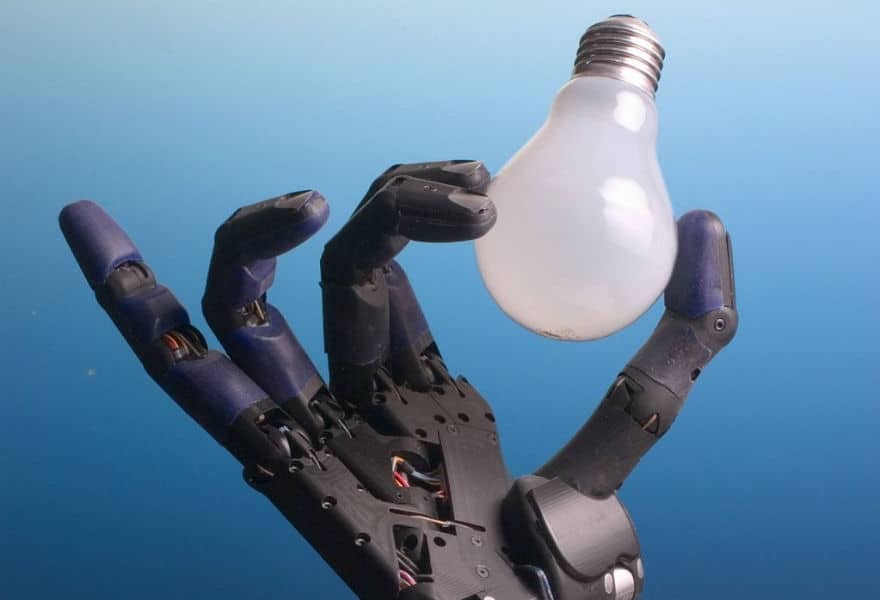This article was written by Dennis Owusu-Ansah, CEO and founder of .
These days there is a lot of buzz around the term artificial intelligence, or ‘A.I.’ The field was first defined in the 1950’s and in the last decade we have seen an acceleration in this technology. From SIRI to self-driving cars, A.I. has been adopted across industries such as security, healthcare and agriculture, to name but a few.
The drivers behind this adoption include faster, cheaper hardware and a huge development community pushing the technology further.
Current artificial intelligence is designed to perform specific tasks such as visual search or natural language processing. However, many researchers are constantly working to create a generic form of A.I., the kind that can master any task; it is assigned without prior programming.
The main benefit of A.I technology is its ability to improve, as it gains more and more experience at its function. This has resulted in a much richer and productive user experience wherever it is used, as the technology learns our intentions.
The financial trading industry has also adopted A.I. to solve very difficult problems. Companies like the Goldman Sachs backed Kensho, Dataminr and others are delivering A.I. driven analytics across big data that can measure the impact of the weather and real time events on the financial markets. Others are using the technology to perform a higher degree of technical analysis.
In the early 2000s the retail space followed the institutions by adopting algorithmic trading, and a similar trend will occur with A.I. Many fintech startups are already vying for the opportunity to bring the technology to the retailers in a significant way.
Where is the benefit you may ask, if everybody in the trading space is using this technology? Once again by observing what happened with algorithmic trading, the value will be in how it is used. The combination of experience and A.I. will create an enhanced trader, and such a trader is likely to get the edge.
As for the institutions, when A.I. becomes ubiquitous they will invest more in advanced forms of A.I., the kind that uses cognitive systems and deep machine learning. These systems use more complex algorithms and simulate reasoning capabilities. IBM’s Watson and Google DeepMind’s AlphaGo have both beaten human experts by a huge mile, at Jeopardy and GO respectively. Both these systems trained and learnt from their mistakes, similar to the way a human would. With enough training one can only imagine what a cognitive trading system would be like; it would be akin to a super intelligent trader. Such a system would be highly protected and very little shared by its stakeholders.
A.I. is not going away any time soon, because it is both the present and the future of trading.





Be First to Comment